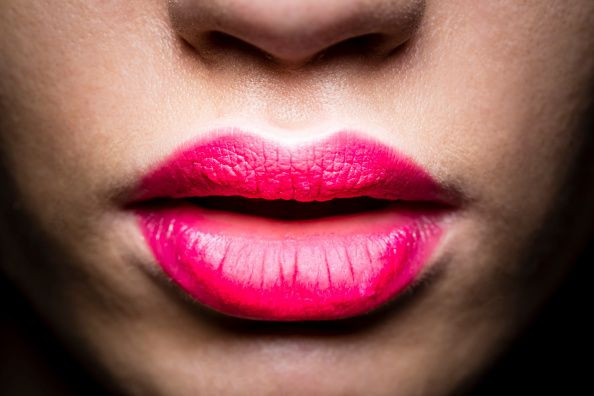What Does Bankruptcy Mean For Cosmetics Company Revlon?
Cosmetics company Revlon (REV) announced on Thursday that it was filing for Chapter 11 bankruptcy as it looked to reorganize its operations.
Through the bankruptcy filing, Revlon said it planned to “improve its long-term outlook” amid liquidity constraints that were a result of supply chain disruptions, rising inflation, and obligations to its lenders.
The company expects to receive $575 million in debtor-in-possession financing from its existing lender base coupled with its working capital facility to keep its day-to-day operations running.
Revlon said it intends to pay vendors and partners as part of the reorganization process as well as its employees in the “usual manner” and continue offering “primary benefits without disruptions” and has requested the court to allow it to maintain operations as intended.
The cosmetics company listed its liabilities and assets as being between $1 billion and $10 billion, according to the bankruptcy filing, as reported by Reuters.
Revlon filed for Chapter 11 in the U.S. Bankruptcy Court for the Southern District of New York and said none of its international operating subsidiaries are included in the bankruptcy filing, except Canada and the U.K.
The news of the bankruptcy comes as Revlon has struggled against celebrity beauty lines that have taken precedence at retailers. When compared to its 2017 sales, Revlon saw its sales dip 22% in 2021 as it fought against rising competition, Reuters said.
According to outlet, the company had long-term debt of $3.31 billion as of March 31.
Revlon is controlled by MacAndrews & Forbes and is led by Ron Perelman’s daughter Debra Perelman and has been since 2018. In a statement, Debra, Revlon's president and CEO, said: “Consumer demand for our products remains strong – people love our brands, and we continue to have a healthy market position. But our challenging capital structure has limited our ability to navigate macro-economic issues in order to meet this demand.
“By addressing these complex legacy debt constraints, we expect to be able to simplify our capital structure and significantly reduce our debt, enabling us to unlock the full potential of our globally recognized brands. We are committed to ensuring the reorganization is as seamless as possible for our key stakeholders, including our employees, customers and vendors, and we appreciate their support during this process,” she added.

© Copyright IBTimes 2024. All rights reserved.





















